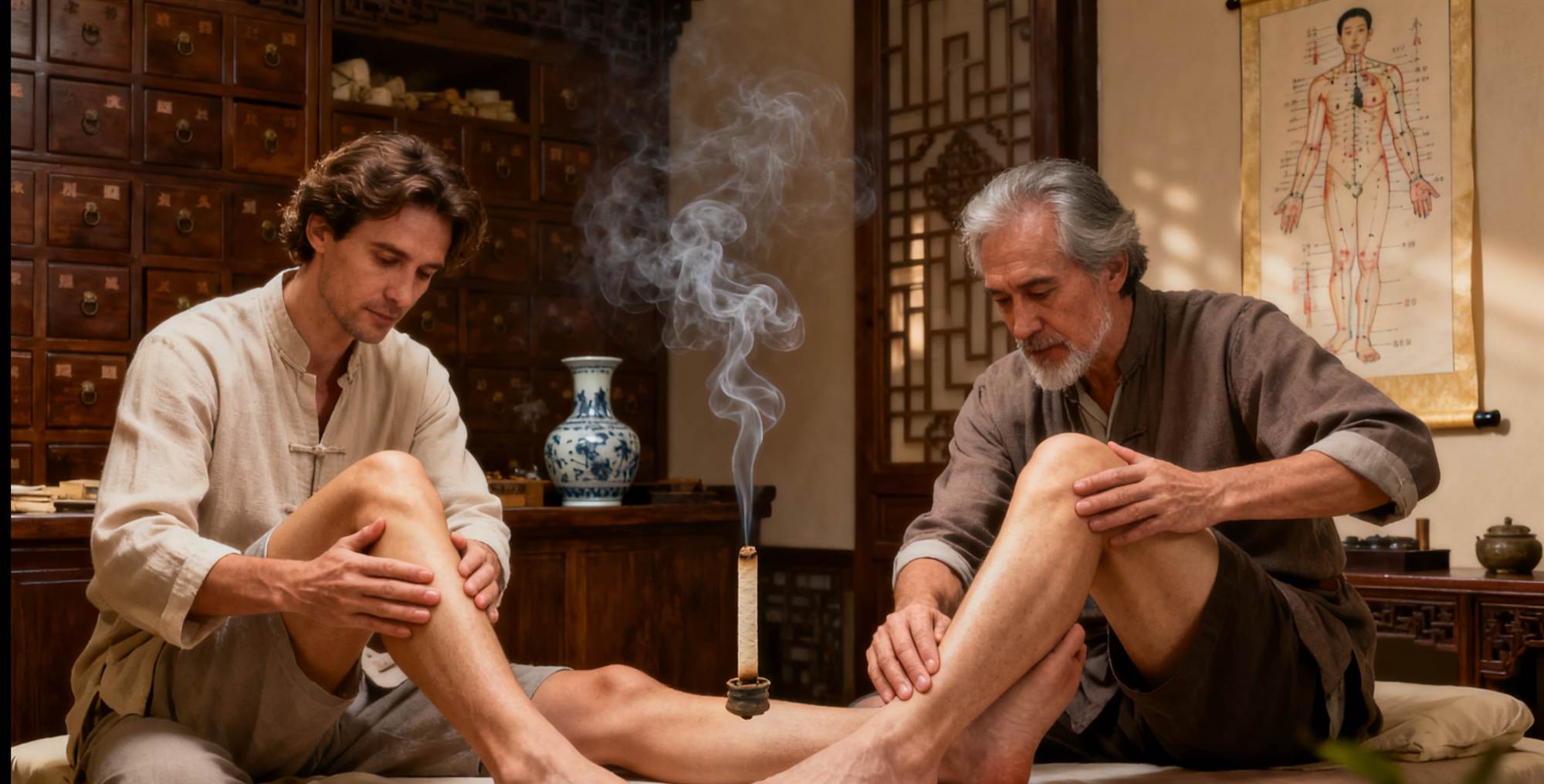Nourishing Qi and blood requires a combination of diet, daily routine, exercise, and emotional regulation. The key lies in supplementing nutrition through a balanced diet, maintaining a stable foundation through regular daily routines, promoting circulation through moderate exercise, and maintaining a calm mood to protect Qi and blood. Traditional Chinese Medicine (TCM) treatments can be used to enhance the effects if necessary.

1. Dietary Nourishment
1.1. Eat More Qi and Blood-Boosting Foods
Red foods such as red dates, red beans, and goji berries, animal livers such as pork and chicken livers, and black sesame seeds and longan are rich in iron, protein, and vitamins, and can promote hemoglobin production.
Whole grains such as millet, black rice, and oats, combined with lean meat, fish, and eggs, provide high-quality protein and trace elements.
1.2. Dietary Combination Tips
Taking vitamin C supplements (such as oranges and kiwis) with iron supplements improves iron absorption. Avoid consuming iron supplements with strong tea or coffee to prevent absorption inhibition.
Those with a weak spleen and stomach can eat spleen-tonifying foods such as yam, lotus seeds, and gorgon fruit to enhance digestion and absorption.

2. Daily Lifestyle and Exercise
2.1 Adequate Sleep
Go to bed before 11 PM to detoxify the liver and gallbladder and restore Qi and blood. Avoid staying up late to prevent excessive Qi and blood depletion.
2.2 Moderate Exercise
Choose low-intensity exercises such as Ba Duan Jin (Eight-Section Brocade), yoga, and jogging to promote blood circulation. Avoid excessive sweating to prevent Qi depletion.
Do deep breathing exercises (abdominal breathing) daily to help Qi flow smoothly.
3. Emotions and Lifestyle Habits
3.1 Reduce Internal Consumption
Long-term anxiety and stress can easily lead to Qi stagnation and blood stasis. Try meditation, mindfulness practices, or cultivate hobbies to maintain a calm mind.
3.2 Stay Warm
Avoid prolonged exposure to cold wind and wearing navel-baring clothing. Especially during menstruation or when you are physically weak, keep your waist, abdomen, and ankles warm to prevent cold and dampness from blocking Qi and blood circulation.

4. Traditional Chinese Medicine Auxiliary Treatments
4.1 Acupoint Massage
Press and massage Zusanli (3 inches below the knee) and Sanyinjiao (3 inches above the inner ankle) for 3 minutes each daily to strengthen the spleen and nourish the blood. 4.2 Traditional Chinese Medicine Treatment.
Those suffering from both Qi and blood deficiency can use classic prescriptions such as Siwu Decoction and Bazhen Decoction under the guidance of a physician. Moxibustion at acupoints such as Guanyuan and Qihai can warm and replenish Yang Qi.




